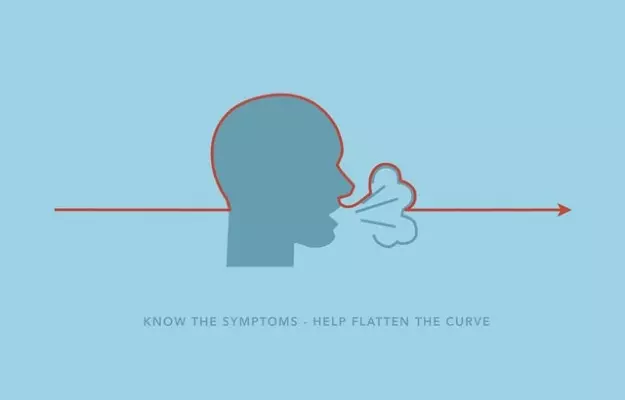As lockdown restrictions have eased or lifted in a majority of the countries around the world, the COVID-19 crisis continues to make global headlines thanks to the daily numbers of new cases and rising death toll. As of 7 September, 2020, more than 27 million people have been affected by the new coronavirus infection, and nearly 890,000 people have died from it.
It has already been established that preventive measures such as physical distancing, following basic standards of personal hygiene and wearing masks or face covers have been helpful in keeping the numbers from ballooning even more.
Read more: Is it safe to exercise with a mask on?
The strongest support to these preventive measures came from a study in the Lancet in June, which concluded after analysing as many as 172 other studies that the risks of contracting the SARS-CoV-2 virus were greatly reduced thanks to these precuations. Preventive measures also included the use of eye shields as later studies were also able to establish how the SARS-CoV-2 virus could also enter from the eyes to infect a person.
Read more: How does COVID-19 spread
China was the country where the disease is believed to have originated from late last year in Wuhan, and the scientists investigating the disease came back with the overwhelming conclusion to follow these precautions to stop it from spreading any further. It was part of the reason why the country was able to control the rapid spread of the disease, by imposing non-pharmaceutical strategies such as isolation, quarantine and institutional lockdowns.
However, news emerging from other parts of the world has suggested that scores of people have been against the use of masks, face covers, face shields and other precautionary measures.
A study looking into this aspect of some individuals' refusal to do so during the COVID-19 pandemic and antisocial behaviour has recently been published in the journal Personality and Individual Differences.
























